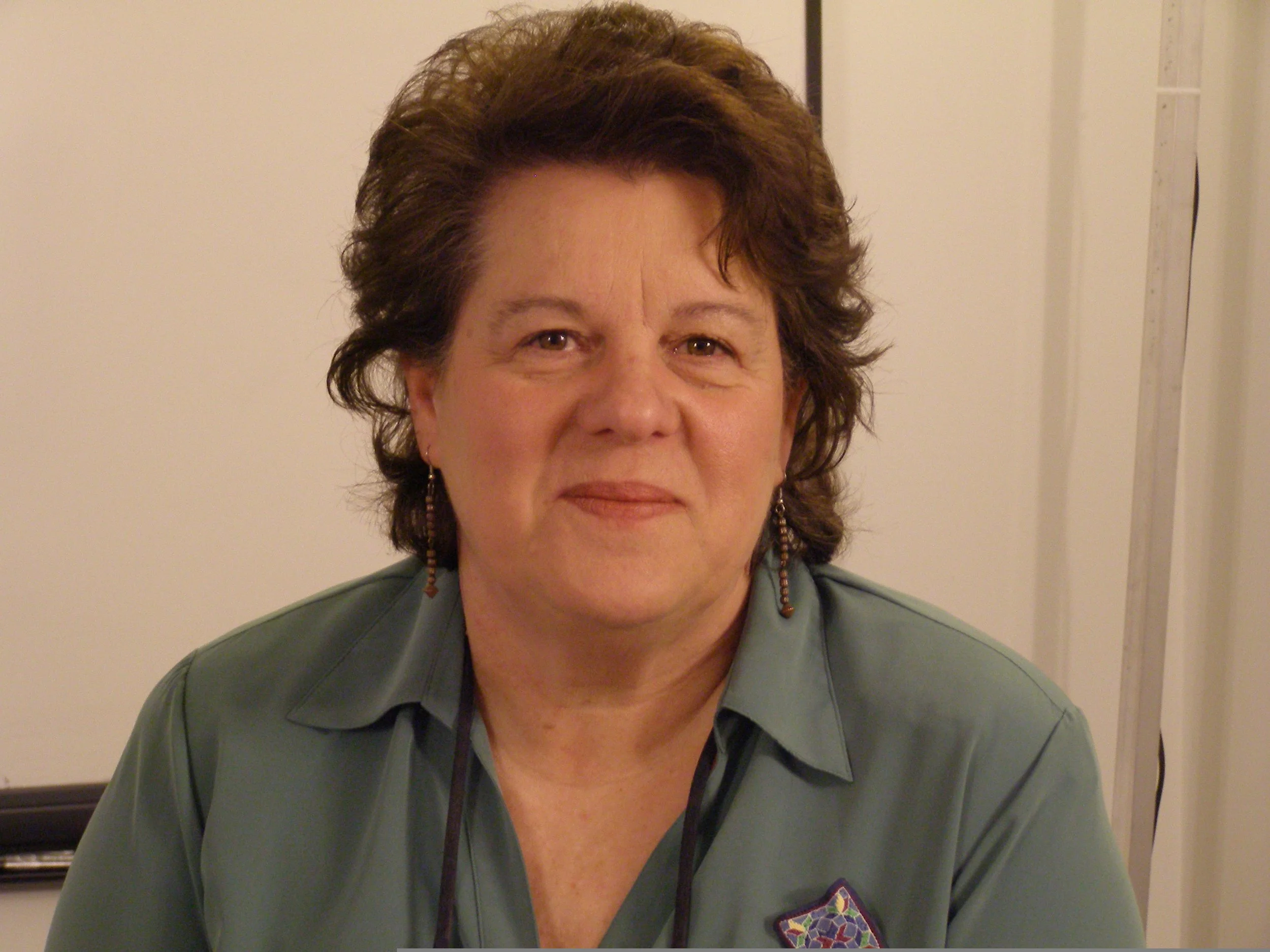Given the experience of the last two years, educators are increasingly aware that they have to address students' emotional needs as a prerequisite to focusing on academics. Some do that through social and emotional learning, restorative justice and mindfulness programs, and others are integrating a dedicated program called the Positivity Project. Educators Heather Meredith, Sandy Rutledge, and Nichole Flynn of the St. Clair Middle School in St. Clair, Michigan orient us.
Read MoreTeachers have the opportunity to impact students in ways that can change the trajectory of their life. To do this, teachers have to be prepared to embrace students emotionally by knowing how to regulate their own emotional stability. Showing respect, and having willingness to care for them has profound impacts on students. Diane Wagenhals, a Program Director for Lakeside Education Network that manages therapeutic schools and services for students who have experienced trauma and been unable to successfully adapt to the traditional school environment, explains.
Read MoreThe community that students are surrounded by influences their overall well-being, academic success, and social development; meaning the people in this community must have experience interacting with students in various situations. As part of that community, teachers need training to be the strong and trustworthy core adults to support students holistically. Jeff Donald, the Mindfulness Coordinator for Montgomery County Public Schools, offers his insights and argues that the days of just focusing on academics should be long gone.
Read MoreWe prepare students to leave high school into a broken system. This situation can only change by answering two questions:
> When students graduate, what do we want them to be able to do with their knowledge and skills as they confront uncertainty in our complex and rapidly evolving world.
> How do we help students develop a sense of purpose and meaning, so that they feel they can have a positive impact in life?
Guest Mathew Portell explains what it means to have a trauma-informed school.
Read MoreA number of the people we have interviewed in this series have used the word “stigma” to refer to much of our society’s reluctance to openly discuss the origins and consequences of trauma, and mental health issues in general. Unfortunately, what remains hidden remains untreated, and the impact on youth can be severe. One person who is motivated to change that reluctance because of her own experience with trauma and grief is Peyton Barsel.
Read MoreAll educators — all school staff — need to see themselves as part of a formal or informal mental health network whose members routinely collaborate to support sound student mental health. But they need to be supported by mental health practitioners and parents to provide the widest possible safety net for students. Martha Staeheli, Ph.D., explains.
Read MoreOpen any print or online educational news source and you’re likely to find a story on social and emotional learning. What is S.E.L. and why do some leaders champion it and its integration with academics while others see it and really any focus on mental health as a veiled plot to indoctrinate students in “socialist” ideology. David Adams, the CEO of The Urban Assembly and a board member of CASEL, the Collaborative for Academic and Social and Emotional Learning, explains the actual reasons why educators should contribute where they can to the mental health for all students.
Read MoreOne of the goals of our series is to raise awareness and the level of discourse around student trauma and mental health in general. Turning up the volume here is needed because – one – most educators are still largely uninformed about aspects of mental health and – two – and that causes us not to talk about depression, suicide, abuse and trauma in general. And if we’re not bringing these subjects out into the open, kids keep all those emotions bottled up inside of them. Dr. Glenn Albright and Kim Weiland from Kognito, a firm that develops avatar-based simulations to help develop trauma-informed educators, share their insights.
Read MoreStudents need to be in a psychologically safe place or they will be significantly challenged to engage that part of the brain that supports learning. That belief underscores why more and more schools are focusing on social and emotional learning, and developing trauma-informed instruction. It underscores the critical role schools must play in partnership with parents and outside mental health providers to support students in need. And some of that support must recognize that students who have operated remotely simply aren’t used to being students in the physical setting of the classroom. School psychologist Dr. Terri Erbacher explains.
Read MoreA forum that facilitates conversations among school communities can help to establish a plan for a better future while working in the present. Constant discussion helps leaders learn new methods, update their vision, and address the current implications of trauma-informed learning. Paul Liabenow and Mike Domagalski of the Michigan Elementary Middle School Principals Association explain the imperative to move from a strong vision, to conversation, to action of behalf of today’s traumatized students.
Read MoreWhen we think of the trauma that students carry with them into school, we often think of the ten adverse childhood experiences identified through research more than 30 years ago. We now know that exposure to bias, racism, discrimination, and unsafe communities are also drivers of student trauma. Building student resilience requires us to have courageous conversations that address those causes as well. Educator Orinthia Harris Ph.D. explains.
Read MoreThis podcast series focus primarily on the trauma that students carry with them into the classroom. But, many school faculty, staff and administrators are also experiencing trauma. COVID has dislocated relationships and put pressure on educators to quickly address ”learning loss.” There is a critical need for school leaders at any level to promote self-care through mindfulness training. Mindful leadership expert, Michael Bunting, explains the first safe steps.
Read MoreAnswering the questions "What do we want our graduates to know and be able to do with their knowledge and skills when they receive their high school diplomas?" and "What kind of person do we want them to be?" requires educators to develop a long-term vision — a vision that necessarily addresses student wellness, and any component of trauma, as much as it does academic achievement. Drs Christine Mason and Renee Owen offer their insight.
Read MoreDenting the grasp of trauma isn't just about being nice to kids. It’s about connecting with them in meaningful reinforcing ways, which gives them what they wanted all along: to be seen, to be recognized, and to realize that they can be more than how they currently see themselves. The Nurtured Heart trainer, Viviana Barajas, explains.
Read MoreIf students are in a state of high stress or trauma, the part of the brain that facilitates learning is inaccessible. Thus, student academic achievement rests squarely on the shoulders of student wellness. Neuroscience researcher, Melissa Hughes, Ph.D., explains.
Read MoreIt’s easy to think that because the causes and effects of adverse childhood experiences are often so extreme that the acts to lessen trauma’s impact will somehow have to be extreme. But denting trauma’s grasp doesn’t require an advanced degree in school social work or psychology. Psychologist Dr. Sandy Bloom explains.
Read MoreGiven the pandemic, concern over students’ social and emotional health is now top-of-mind for educators and their support staff. The reality for many students, though, is that COVID has only exacerbated any number of adverse childhood experiences they carry in their trauma-filled backpacks. This podcast series focuses on how we can reduce trauma's impact.
Read More


















